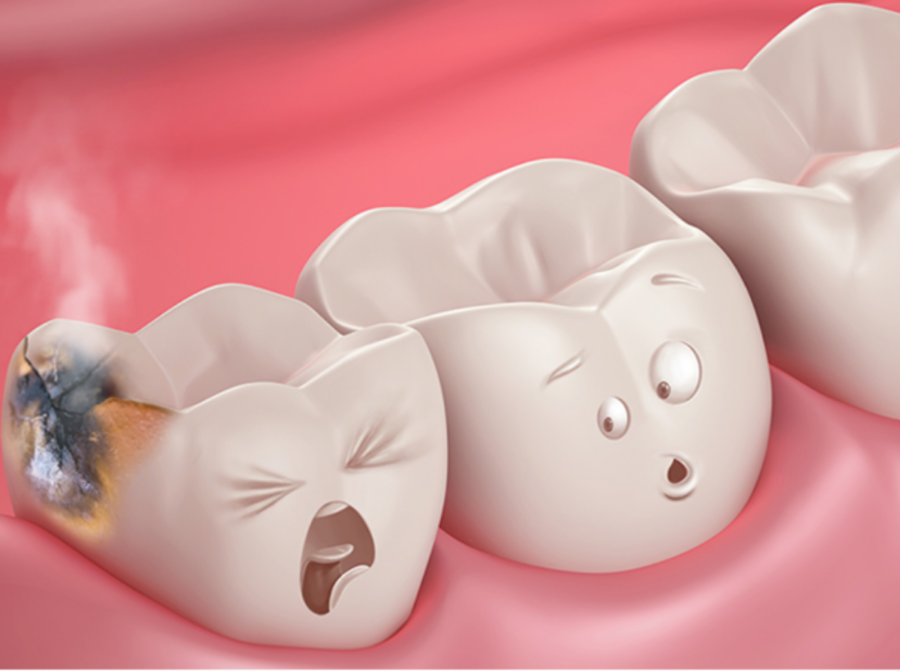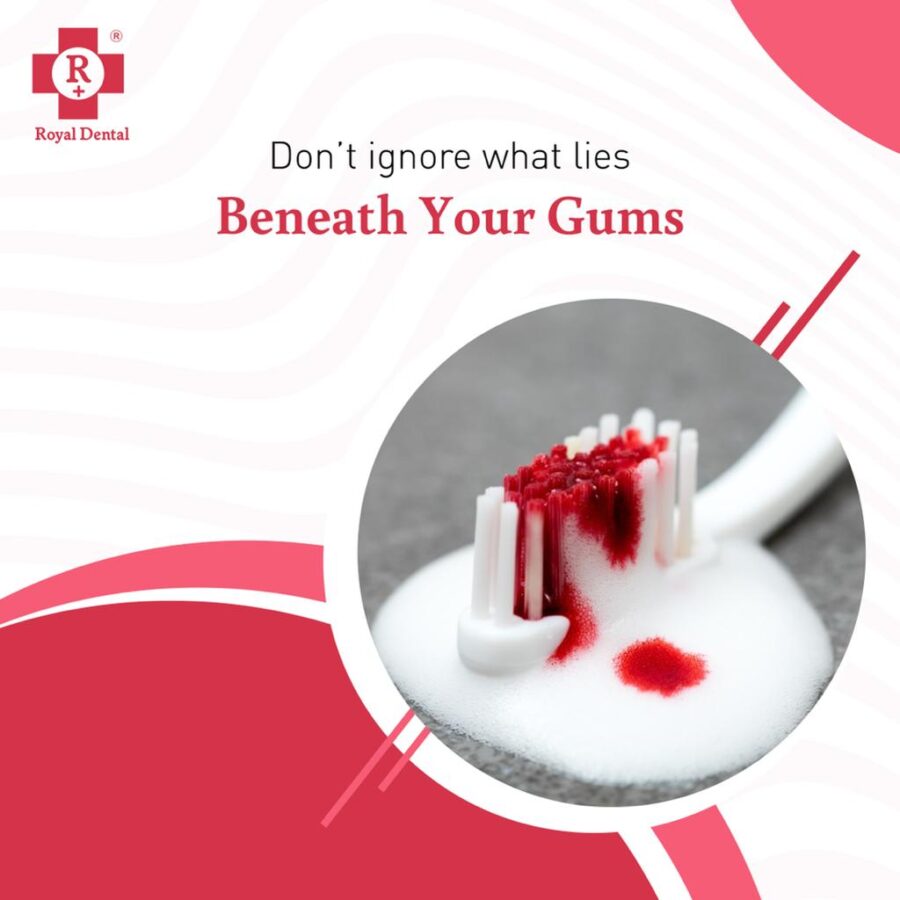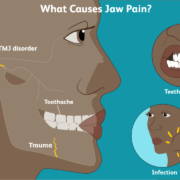Pregnancy is an exciting time for many women. There is a lot to look forward to including the arrival of a new baby, baby showers, and the joy of holding your newborn for the first time. However, pregnancy also comes with its fair share of challenges, including changes in oral health. Many women are surprised to learn that pregnant women can have a significant impact on their dental health. The hormonal changes that occur during pregnancy can result in a range of oral health issues, from gum disease to tooth decay. In this article, we’ll explore the surprising connection between oral health and pregnancy, and provide tips on how to keep your teeth and gums healthy during this time.
Link Between Oral Health and Pregnancy
There is a strong link between oral health and pregnancy. Poor oral health during pregnancy can lead to a variety of negative health outcomes for both the mother and the baby. Here are some ways in which oral health and pregnancy are related:
Gum disease: Pregnant women are more susceptible to gum disease due to hormonal changes in the body. Gum disease can increase the risk of preterm birth and low birth weight.
Pregnancy gingivitis: This is a type of gum disease that affects pregnant women. Symptoms include swelling, bleeding, and tenderness in the gums.
Pregnancy tumors: These are benign growths that can occur on the gums during pregnancy. They usually disappear after childbirth.
Morning sickness: Nausea and vomiting associated with morning sickness can erode tooth enamel, leading to increased tooth sensitivity and risk of decay.
Tooth decay: Pregnant women may be more prone to tooth decay due to changes in diet and hormonal changes in the body.
Impact of Hormonal Changes on Oral Health | Pregnancy
Hormonal changes during pregnancy can have a significant impact on oral health. These changes can make women more susceptible to oral health problems such as gum disease, tooth decay, and pregnancy gingivitis. Here are some of the ways in which hormonal changes can affect oral health for pregnant women:
Increased blood flow: Hormonal changes during pregnancy can cause increased blood flow to the gums, making them more susceptible to inflammation and infection.
Elevated levels of progesterone: Elevated levels of progesterone during pregnancy can cause the gums to become swollen, red, and tender. This condition is known as pregnancy gingivitis.
Acid reflux: Hormonal changes can cause acid reflux, which can lead to erosion of the tooth enamel, increasing the risk of tooth decay.
Changes in diet: Hormonal changes can cause changes in taste and cravings, leading to an increased intake of sugary and acidic foods, which can increase the risk of tooth decay.
Morning sickness: Nausea and vomiting associated with morning sickness can erode tooth enamel, leading to increased tooth sensitivity and risk of decay.
Common Oral Health Issues During Pregnancy
There are several oral health issues that are common during pregnancy due to the hormonal changes and physical strain that a woman’s body undergoes. Here are some of the most common oral health issues:
Pregnancy Gingivitis: This is a common condition that affects many pregnant women. It is caused by hormonal changes and can lead to swollen, red, and bleeding gums.
Tooth decay: Pregnant women may be more prone to tooth decay due to changes in diet and hormonal changes in the body.
Gum disease: Pregnant women are more susceptible to gum disease due to hormonal changes in the body. Gum disease can increase the risk of preterm birth and low birth weight.


Pregnant treated tumors: These are benign growths that can occur on the gums during pregnancy. They usually disappear after childbirth.
Tooth erosion: Nausea and vomiting associated with morning sickness can erode tooth enamel, leading to increased tooth sensitivity and risk of decay.
Risks Associated with Poor Oral Health during Pregnancy
- Preterm birth: Gum disease has been linked to an increased risk of preterm birth. Bacteria from the gums can enter the bloodstream and reach the uterus, causing inflammation and premature labor.
- Low birth weight: Babies born to mothers with poor oral health are at an increased risk of low birth weight. Low birth weight can increase the risk of developmental problems and long-term health issues.
- Pregnancy complications: Poor oral health during pregnancy has been linked to several pregnancy complications such as preeclampsia, gestational diabetes, and premature rupture of membranes.
- Tooth loss: Poor oral health can lead to tooth decay and gum disease, which can cause tooth loss. Losing teeth can make it difficult for pregnant women to eat a healthy diet and can lead to further health problems.
- Oral infections: Oral infections such as abscesses can be dangerous for pregnant women, as they can spread to other parts of the body and affect the health of the developing fetus.
Tips for Maintaining Good Oral Health During Pregnancy
Visit the dentist regularly: Regular dental visits are essential to maintaining good oral health during pregnancy. The ADA recommends visiting the dentist at least once during pregnancy for a checkup and cleaning.
Brush and floss regularly: Brushing twice a day and flossing once a day can help to remove plaque and food particles from your teeth and gums.

Use fluoride toothpaste: Fluoride toothpaste can help to strengthen tooth enamel and prevent tooth decay.
Rinse with mouthwash: Mouthwash can help to kill bacteria and freshen your breath. Look for an alcohol-free mouthwash that is safe for use during pregnancy.
Stay hydrated: Drinking plenty of water can help to increase saliva production and neutralise acids produced by bacteria in the mouth.
Foods to Eat or Avoid | Good Oral Health During Pregnancy
Foods to Eat
Calcium-rich foods: Calcium is essential for strong teeth and bones. Good sources of calcium include milk, cheese, yoghurt, and leafy greens.
Vitamin C-rich foods: Vitamin C helps to strengthen gums and improve overall oral health. Good sources of vitamin C include citrus fruits, berries, and melons.
Crunchy fruits and vegetables: Crunchy fruits and vegetables, such as apples and carrots, can help to remove plaque and food particles from your teeth.
Foods to Avoid
Sugary and starchy foods: Sugary and starchy foods can increase the risk of tooth decay. Limit your intake of candy, soda, and other sugary snacks.
Acidic foods and drinks: Acidic foods and drinks, such as citrus fruits and soda, can erode tooth enamel and increase the risk of cavities.
Importance of Nutrition During Pregnancy for Oral Health
Proper nutrition for pregnant women is important for both the health of the mother and the development of the baby, including their oral health.
- Development of teeth and gums: The developing fetus requires essential nutrients, such as calcium and vitamin D, to develop strong teeth and bones. Adequate intake of these nutrients can help prevent tooth decay and gum disease.
- Immune system support: Proper nutrition during pregnancy can help support the immune system, which plays a vital role in preventing oral infections.
Here are some more reasons why proper nutrition is important for oral health during pregnancy:
- Prevention of morning sickness: Eating small, frequent meals and avoiding sugary and acidic foods and beverages can help prevent nausea and vomiting associated with morning sickness, which can cause erosion of tooth enamel.
- Prevention of gestational diabetes: A healthy diet during pregnancy can help prevent gestational diabetes, a condition that can increase the risk of gum disease and other oral health problems.
- Overall health of the mother: Poor nutrition during pregnancy can affect the overall health of the mother, which can have a negative impact on the health of the developing fetus.
Dental Procedures During Pregnancy
Dental care during pregnancy is important for maintaining good oral health, but many women wonder what dental procedures are safe during pregnancy. Here’s a list of dental procedures that are safe for pregnant women, and those that should be avoided:
Safe dental procedures for pregnant women:
- Routine dental check-ups and cleanings
- X-rays with proper shielding
- Emergency dental procedures such as tooth extractions and root canals if necessary
- Local anesthesia with precautions such as aspiration and limited epinephrine

Dental procedures to avoid for pregnant women:
- Elective cosmetic procedures such as teeth whitening and veneers
- Non-emergency dental procedures such as fillings and crowns that can be postponed until after the pregnancy
- General anesthesia, except in rare and necessary cases
- Medications that are not safe during pregnancy, such as tetracycline antibiotics and certain painkillers
Oral Health Tips for New Mothers
Continue to brush and floss regularly: Brushing twice a day and flossing once a day helps to maintain good oral health and prevent dental problems.
Eat a healthy diet: Eating a healthy diet can help to maintain good oral health and provide the nutrients your body needs for breastfeeding.
Stay hydrated: Drinking plenty of water can help to increase saliva production and neutralise acids produced by bacteria in the mouth.
Inform your dentist: Let your dentist know that you are breastfeeding so that they can take any necessary precautions.
Conclusion
Maintaining good oral health is essential for pregnant women. The hormonal changes that occur during pregnancy can increase the risk of oral health problems such as gum disease, tooth decay, and pregnancy tumors. It is important to visit your dentist regularly, brush and floss regularly, and eat a healthy diet to maintain good oral health during pregnancy. By taking these steps, you can help to ensure a healthy pregnancy and a healthy baby.
© All rights reserved by Royal Dental Implants Pvt Ltd
Issued in public interest






